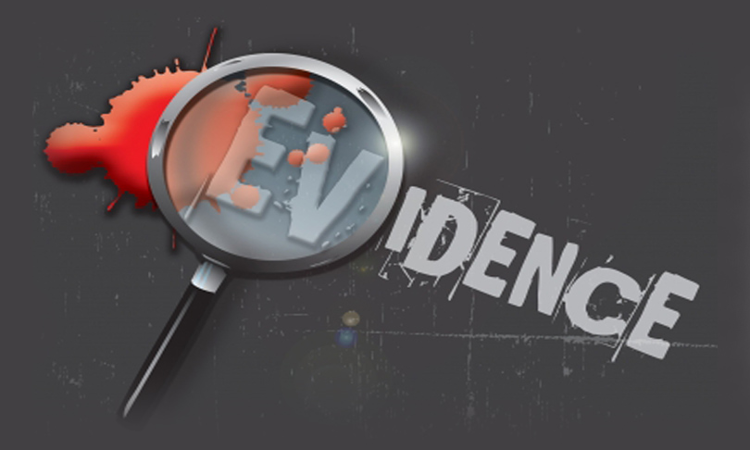Legally Privileged Information: What can and cannot be disclosed
Rushad Irani
17 Aug 2022 7:59 PM IST

Legal privilege refers to the legal protection given to communications, documents and advice exchanged between a party and his / her legal professional adviser from being disclosed to the court or other persons. This article seeks to shed some more light on the concept of legally privileged information, the compulsion to disclose such information and the admissibility of such information in courts.
Law governing privilege:
Privilege of communication, documents and advice is covered under Sections 126 to 129 of the Indian Evidence Act, 1872 ("Evidence Act").
What is privileged information:
Privileged information may be construed to be any documents or communication disclosed to a legal professional in his / her professional capacity. This also includes documents which come into existence in anticipation of litigation[1]. Further, such exchange must take place only after the formal appointment of such legal professional. It must also be clear that these are of a confidential nature[2] and are meant for a legal professional in the course of his engagement with the Client.
Bar on disclosure of privileged information:
The Evidence Act places a strict bar on two types of disclosure of privileged information:
- By an attorney disclosing any privileged information made to him during the course of his engagement; and
- By any person from being forced to disclose any privileged information exchanged between such a person and their legal advisor.
The Bombay High Court has held that, Sections 126 and 129 of the Evidence Act protect all communication that takes place between the lawyer and the Client during the engagement of the lawyer[3].
Privilege extending to in-house lawyers and non – litigation lawyers
There is currently considerable debate as to whether anything prepared by or communicated to an in-house lawyer, general counsel or legal advisor would also be protected as privileged.
The Bombay High Court in 1981 had held that a salaried employee such as an in-house counsel who advises his employer on all legal questions and also other legal matters would get the same protection as others under Sections 126 and 129 of the Evidence Act and even otherwise these communications are properly covered by these sections.[4]
Post the decision of the Supreme Court in 2001[5] which stated that a full-time salaried employee cannot be an advocate, certain views have been raised that communication with an in-house legal counsel could not be said to be privileged as the same was not communication with an advocate. However, while this line of thought may be contended in the case of Section 126 of the Evidence Act which places a bar on disclosure of privileged information by barristers, attorneys, pleaders or vakils, Section 129 of the Evidence Act extends its protection from to disclosure to all 'professional legal advisors' which may quite possibly cover in house legal counsel. T
he above case of the Bombay High Court must be quoted with caution as there are certain viewpoints that differ with the proposition that even an in-house lawyers, general counsels or legal advisors would be able to claim privilege over anything communicated or prepared by them.
Exceptions to privilege
There are certain exceptions to the general rule of privilege.
A. Privilege under Section 126 would not be covered if:
1. Such communication or document has been made in furtherance of any illegal purpose and;
2. fact observed by the lawyer, in the course of his engagement which would show that a crime or fraud has been committed since the commencement of his engagement.
B. Under Section 129 of the Evidence Act, if the person who claims privilege, i.e. the client offers himself as a witness, he may be compelled by the Court to produce and disclose such documents / records, although only for the limited extent to explain any evidence that he has given.
Third parties bring privileged information before a court
A situation may also arise where a third party may seek to lead secondary evidence of such a privileged document / communication, i.e., may seek to submit a photocopy or duplicate of such a document into evidence. In such a case, a person who is entitled to the benefit of such privilege can, before the document is introduced into evidence, move a court for an injunction to restrain such third party from leading secondary evidence of such privileged document before such document can be used in evidence. Such application for injunction can be in the very proceeding where the third party seeks to introduce such document as evidence[6].
The proposition of law of legal privilege is still not well developed in India. Considering the changing scenario of how information is exchanged and the increasing role and involvement of in-house legal counsel especially in companies having thousands of employees and multiple locations, it is necessary for either the courts or the legislature to step in and clarify as to who and what sort of information legal privilege would extend to.
Author: Rushad Irani, Senior Associate at Pioneer Legal. Views are personal.
[1] Larsen & Toubro Limited V. Prime Displays Pvt. Ltd. [2002 SCC OnLine Bom 267; (2002) 5 Bom CR 158] (Bombay High Court)
[2] Kalikumar Pal V. Rajkumar Pal [ILR (58) 1931 Cal 1379] (Calcutta High Court)
[3] Larsen & Toubro Limited V. Prime Displays Pvt. Ltd. [2002 SCC OnLine Bom 267; (2002) 5 Bom CR 158] (Bombay High Court)
[4] Municipal Cooperation of Greater Bombay V. Vijay Metal Works [1981 SCC OnLine Bom 55, AIR 1982 Bom 6] (Bombay High Court)
[5] Satish Kumar Sharma V. Bar Council of H.P. [(2001) 2 Supreme Court Cased 365] (Supreme Court)
[6] Larsen & Toubro Limited V. Prime Displays Pvt. Ltd. (Supra)


